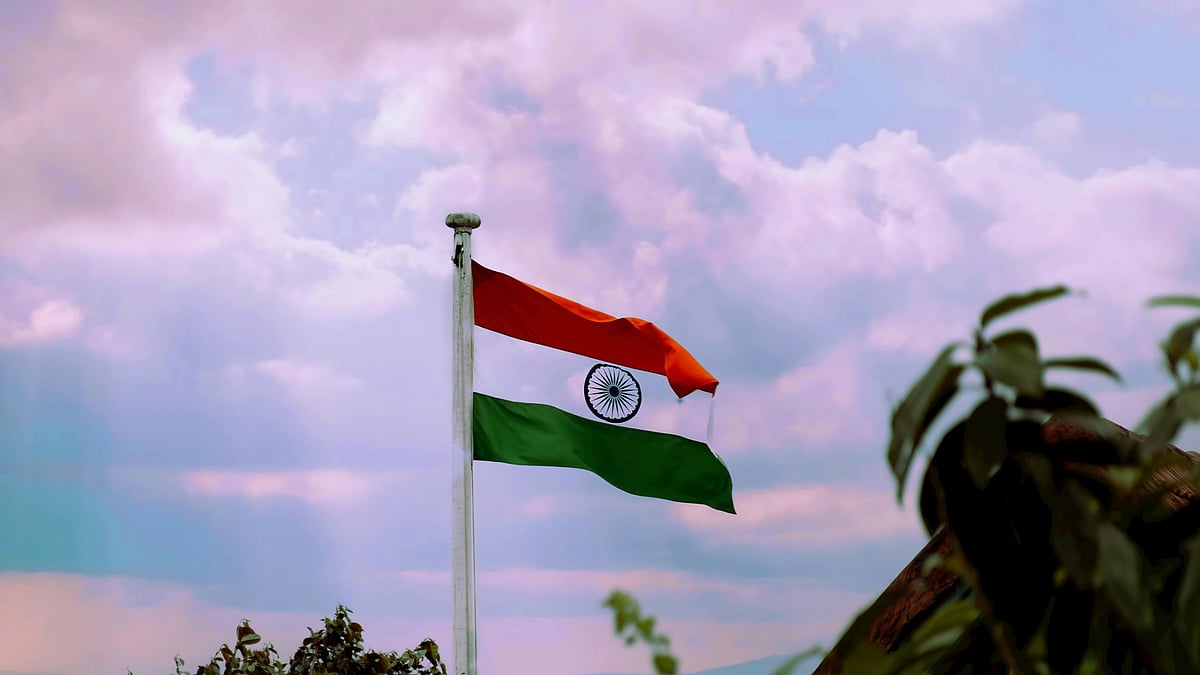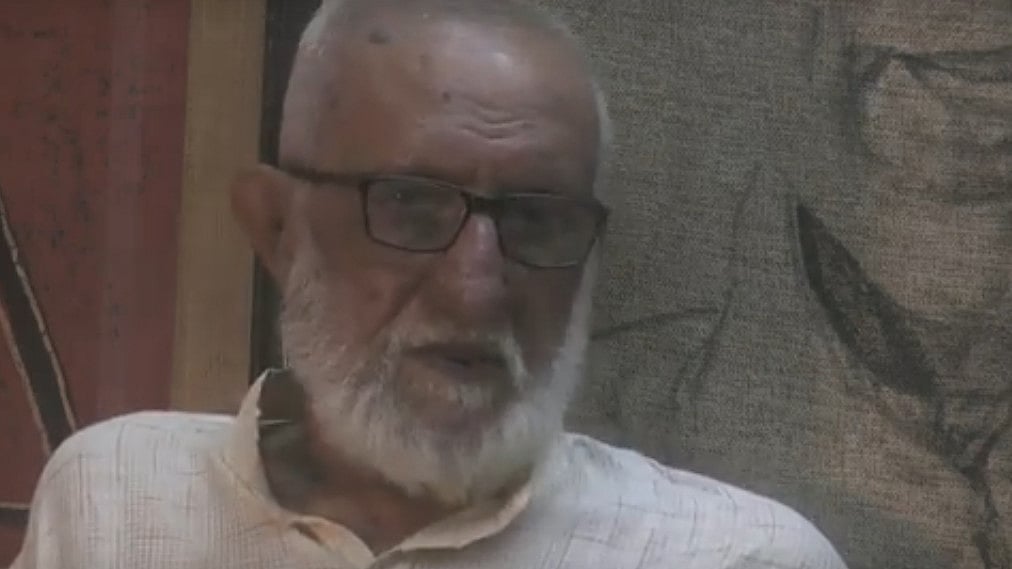These are the most unprecedented and uncertain times we have ever had to face. Historically, pandemics have been portals for extraordinary changes. COVID-19 has engulfed the entire world in a short span of about three months.
We are witnessing a multitude of transformational changes in the way people and organisations work, how digitisation grows, behavioural patterns change and regulatory and surveillance systems restructure.
Everything about the pandemic stands unknown — when it will end, when the vaccine cure will develop, whether the virus can relapse, whether it can become airborne in the future, what happens with continuous drop in employment & production, in what manner the COVID-19 will lead economies from recession to depression and how the globalisation model of the past 25 to 30 years changes, how the nationalism trend shapes, what will be the shape of the new global trade order and how emerging sovereign digital currencies will function. Against such a nightmarish backdrop, the role of State and policy makers to tackle the invisible enemy assumes a critical role.
Most significant change would revolve around evolution of a new globalisation model co-existing with accentuating nationalism. Comparatively the pace of globalisation has been slackening compared to the pace of nationalistic trends, primarily exacerbated by some nationalistic populist leaders. The role of the WHO, UN and WTO multilateralism has been questioned.
What is needed is enlightened nationalism in a globalised and liberalised environment. Many controversial and acrimonious debates on the subject are likely to ensue. In hindsight, this seems akin to the protracted debate in early 1990s between the Bombay Club protestors and liberalisation protagonists. The liberals were proved right with all stakeholders – the nation, government, industry and citizens — benefitting from the liberalisation phase. It is unfortunate that there is complete absence of global leadership today when it is required the most.
At the time of the financial crises in 2008, the USA provided global leadership, quickly mobilising resources and implementing decisive plans involving all major powers. In contrast, countries today seem to be on their own drawing inward strategies and playing blame games. A new dimension has been added to the ongoing debate about the USA-China trade war.
President Trump has warned China of dire consequences if found responsible for COVID-19. Cases have been filed with the International Criminal Court against China over the pandemic accusing it for failing to contain the pandemic and allowing the deadly virus to spread across the globe and demanding compensation. A related issue that has arisen is regarding the impartiality of the World Health Organisation. WHO is accused of being too China-centric and failing to stop the pandemic.
Trump, in turn, has stopped the US funding to the WHO, which has enjoyed a budget of $6.2 bn, the biggest contribution of which is made by the USA. An example of enlightened nationalism is that India has belatedly built a firewall against Chinese FDI inflows into its economy. China, with forex reserves of over $3 trn, has been on the hunt for foreign avenues for investment. India wants to regulate such inflows to protect its interests. The USA in similar vein has also closed its borders with selects countries.
Even Germany, Italy and Australia have changed their FDI laws to safeguard their industries, which are tottering under the impact of the pandemic and are ripe as takeover targets. Japan has given money to its companies in China for returning back to Japan. India’s handling of the crisis situation has been appreciated by other countries. India has been able to supply medicines to the USA, Malaysia and other countries. Developed world is practicing big bang solutions for their economies unlike India which has adopted a calibrated step by step approach.
A couple of well-studied packages are continuously being implemented by the RBI and the Government. Formulation of packages is well intentioned but should not prove weak on the execution front. India is best suitable to fill the vacuum of global leadership with its rising economic and leadership potential along with technical expertise. India is blessed with being the youngest country of the world and would always have a large pent-up demand.
Recent long-term partnership deal between Reliance and Facebook is a landmark development towards transformation of the digital ecosystem of India for the benefit of all Indians. This appears to be a perfect example of an enlightened nationalism and healthy globalisation walking hand in hand. Industry bodies across sectors have requested relief and stimulus to facilitate the revival of their businesses and to avoid job losses. India also has to clean up its impaired financial system so as to facilitate a sustained recovery. Government may have to offer partial guarantees to make certain banks keep lending to small and medium enterprises as well as large firms. Banks need to be incentivised for willingly taking the credit risk.
Money spend has to be prioritised first for saving lives and providing medical facilities and thereafter for boosting animal spirits of Industry. Targeted income transfers for a couple of months need to be given to the affected households. Universal basic income may not be the right solution as it would mean paying the households forever for which India doesn't have resources. COVID-19 has raised the need for a new approach towards the public sector, especially in the strategic sectors like the pharmaceutical industry, which is of vital importance to public health. Pandemic has highlighted the need for substantial public investment and subsidies in the health infrastructure.
A re-look at the move to sell off the public sector units to raise resources is required. It is time to reflect how to develop a healthy relationship between competent public and private sectors to strengthen India’s potential as an industrial powerhouse in select industries. In sum, to defeat the virus, mankind will have to choose confidence over panic, unity over division and cooperation instead of manoeuvring blame games. The way the world will function in the post COVID-19 will be completely different.
The writer is an economist, and a former director of Economic Research & Training Foundation.









